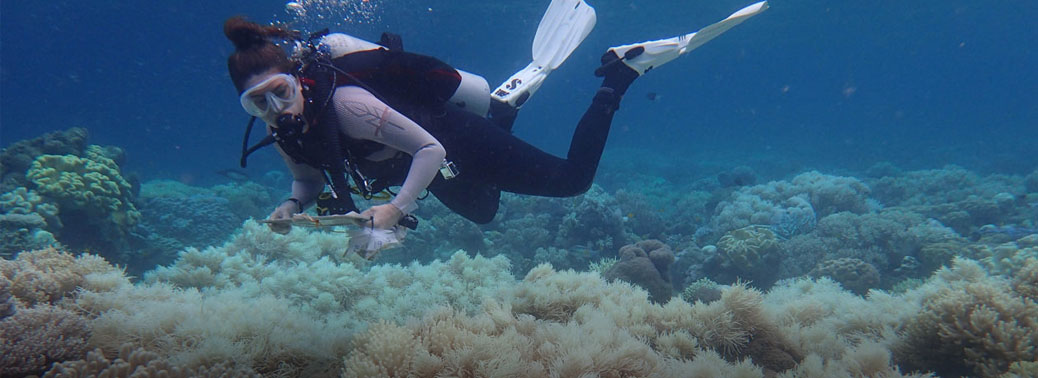Coral reefs could survive global warming says study
19, Aug 2018

Prelims level : Environment / Mains: Paper - III Conservation
Mains level :
- Study found that coral-algal partnerships have endured numerous climate change events since the age of dinosaurs.
- Past estimates placed the initiation of these symbiotic relationships at 50 to 65 million years ago, Coral-algal partnerships have endured numerous climate change and faced severe episodes of environmental change events in their long history.
- During their long existence, they have faced severe episodes of environmental change, but have managed to bounce back after each one.
- At least some are likely to survive modern-day global warming as well, suggests an international team of scientists.
- The team used genetic evidence including DNA sequences, phylogenetic analyses and genome comparisons to calculate the micro-algae’s approximate age of origin.
Background:
- Coral bleaching is a process wherein corals lose their symbiotic algae, zooxanthellae, which provide a significant food source and colour to their coral host. The white coral skeleton is then visible through the transparent tissues giving the characteristic “bleached” appearance. Mortality will occur if the coral and symbiont relationship is not re-established shortly.
- The origin of the algal symbionts corresponds to major increases in the abundance and diversity of reef-building corals implies that the partnership with Symbiodiniaceae was one of the major reasons for the success of modern corals.
- Some micro-algal symbionts have characteristics that make them more resilient to changes in the environment than other symbionts.
- The relationship between corals and the mutualistic micro-algae that enable them to build reefs is considerably older and more diverse than previously assumed.
Impact:
- This is especially true for studies attempting to understand how the partnership between reef corals and their micro-algae, which are needed for survival and growth, may adapt to climate change.
- When many corals are exposed to high temperatures they lose their symbiotic algae and die. Others are far more tolerant of heat, and some of this resilience is based on the species of algae they have.
- Working for close to a decade to modernize coral symbiont taxonomy in order to improve communication among scientists and advance future research on reef corals.
- There may be hope for marine reefs to survive modern-day global warming. Evidence to suggest corals today are adapting at an unexpectedly rapid rate.






